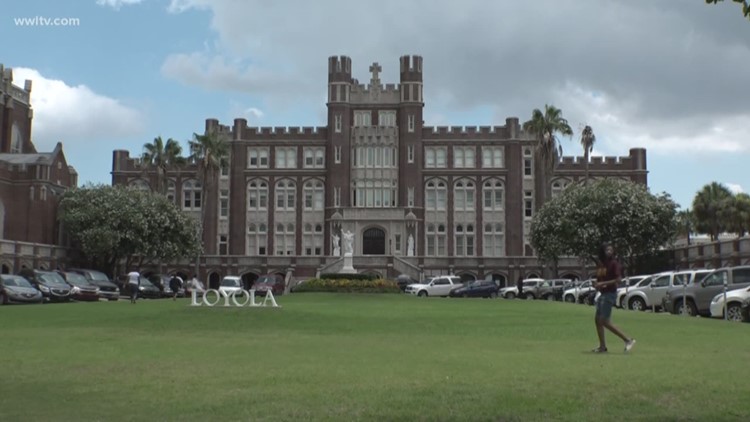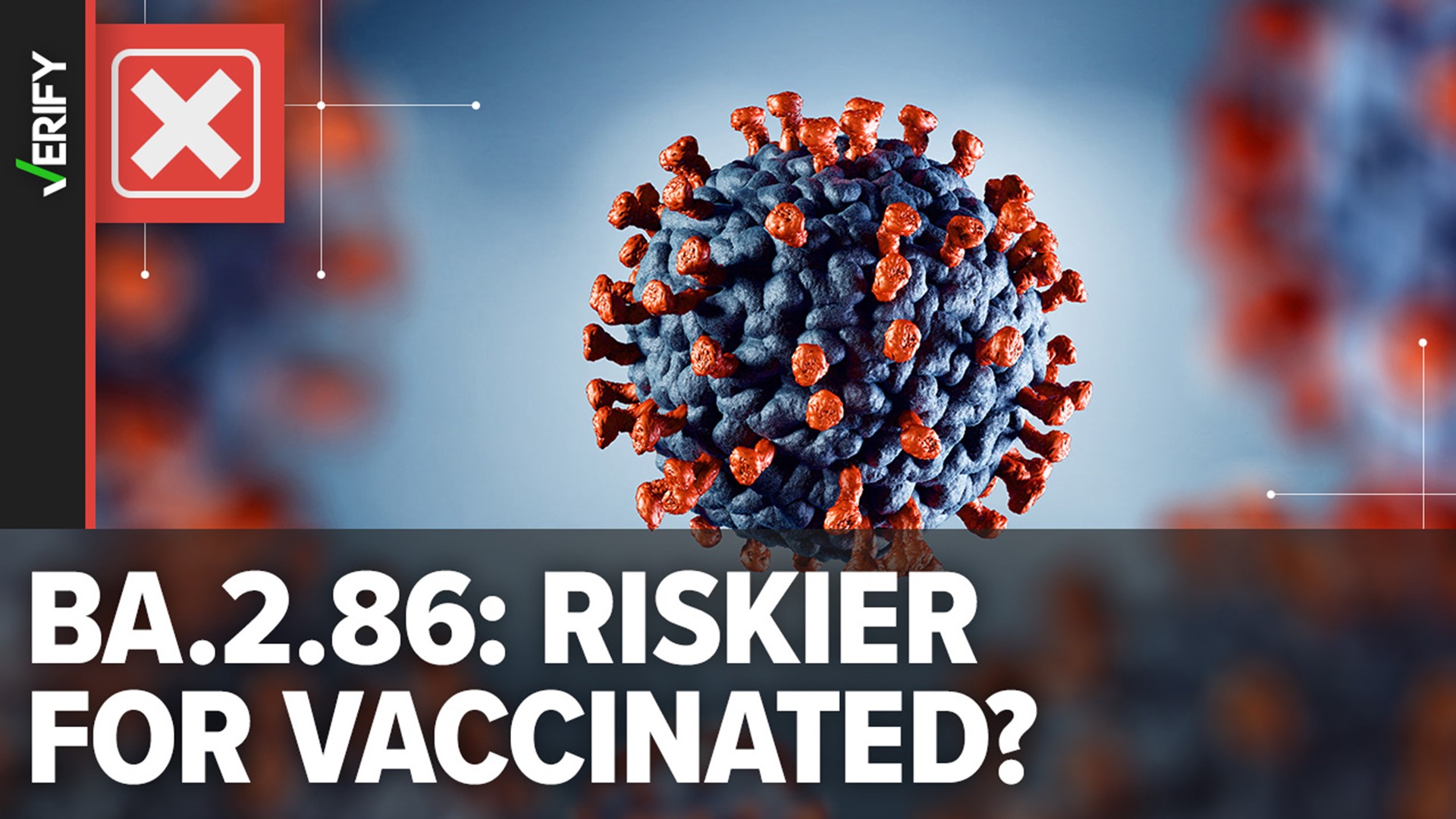NEW ORLEANS — After consulting city and state officials, Loyola University New Orleans will transition all courses to online instructions for the remainder of the spring semester beginning Monday because community spread of coronavirus in the city.
Classes Thursday and Friday will be canceled to give faculty time to prepare for instruction and to give students time to pack and leave if they want to study from home, a release from university president Tania Tetlow said.
While the campus will remain open, including housing, gatherings will be avoided. Those who can head home and work from home were encouraged to do so. Faculty should teach from home the release said.
Loyola referred its students and faculty to its coronavirus webpage as a source of information for them.
Some of the questions Loyola addresses on its webpage include whether students will graduate on time, plans for commencement, and coursework.
What are the symptoms?
Symptoms of COVID-19 include fever, cough, and shortness of breath. These symptoms may appear 2 to 14 days after exposure.
Worldwide illnesses have ranged from mild to severe, including severe pneumonia that can result in hospitalization or death.
Older people and people with underlying health conditions including heart disease, lung disease or cancer seem to be at greater risk of serious illness.
People with recent travel to China, or have come in contact with someone who has recent travel and is ill, have a greater risk for becoming ill.
What to do if you are sick:
If you recently traveled to an area affected by COVID-19 transmission, and you feel sick, stay home and call your doctor immediately. Do not go to the doctor without calling first.
If you have a fever, cough, or shortness of breath, call your primary care provider. If you do not have a primary care provider, call the Louisiana Department of Health hotline at 1-855-523-2652.
If you are severely ill and you think you need to go to the hospital, call 9-1-1 or go to an emergency room.
How to Prevent the Spread
The virus is thought to spread between people in close contact (within 6 feet) and through droplets when an infected person coughs or sneezes.
To prevent the spread of COVID-19 and other respiratory illnesses:
- Avoid close contact with people who are sick.
- Avoid touching your eyes, nose, and mouth.
- Wash hands with soap and water often or use hand sanitizer with at least 60% alcohol. Especially wash hands after going to the bathroom, before eating and after blowing your nose, coughing or sneezing.
- Clean and disinfect frequently touched objects and surfaces using a regular household cleaning spray or wipe.
- Stay home if you feel sick to prevent the spread of germs.
- Cover your cough with your elbow to prevent the spread of germs.
Treatments for COVID-19
There are no medications specifically approved for COVID-19. People with coronavirus should be treated with supportive care to help relieve symptoms.
Some severe cases require going to the hospital, particularly in the elderly or those with underlying medical conditions.
► Get breaking news from your neighborhood delivered directly to you by downloading the new FREE WWL-TV News app now in the IOS App Store or Google Play. .



